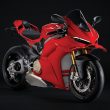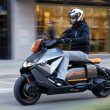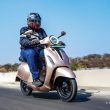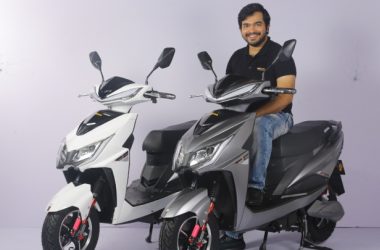How does KEL help OEMs with their critical auto components manufacturing?
KEL is a leading provider of auto systems for various domestic and global OEMs, with a particular focus on transmission components and assemblies. KEL sets itself apart from its competitors by having a vertically integrated facility and the ability to manage the entire manufacturing process, from forgings to the production of finished products. This includes precision machining of housings to make the assembly process seamless, and the ability to supply fully equipped gearboxes directly to customers’ production lines. While most OEMs usually handle these processes in-house, KEL has become a specialist in this niche by delivering integrated solutions. Moreover, KEL has expertise in all specialised processes such as laser welding, heat treatment, and premium painting, and uses cutting-edge equipment for rigorous inspection. This meticulous approach ensures the production of high-quality products, providing customers with complete control over the entire manufacturing process.
Could you explain how KEL’s technological advancements contribute towards automotive efficiency and sustainability?
KEL’s technological strides significantly enhance automotive efficiency and sustainability. Notably, the in-house development of axles and gearboxes for electric vehicles, ranging from 1 kW to 5 kW, is a substantial leap, reducing dependence on imports from China. This move not only bolsters the electric vehicle sector but also fosters domestic innovation. Additionally, the incorporation of advanced manufacturing techniques such as laser welding and rack rolling empowers designers to create more cost-effective and superior-quality products.
How does KEL fulfil its commitment to eco-friendly manufacturing?
At KEL, our commitment to eco-friendly manufacturing is evident through strategic initiatives aimed at minimising our environmental footprint. Notably, we’ve installed a 1.8 MW solar project, with plans to scale it to 6 MW, showcasing our dedication to sustainable energy sources. With a legacy of a 50-year record of holding Environment Pollution Control Board licenses, we’ve transitioned from traditional oil and coal-based heating methods to efficient electric solutions, significantly reducing our carbon footprint. Moreover, our efficient operations include an ETP & STP plant, ensuring proper waste management and environmental protection.
KEL deals with OEMs across the world. How does it leverage its influence to shape the industry’s future?
KEL’s strategic collaboration with OEMs globally positions it as a catalyst for shaping the industry’s future. With a diverse clientele spanning the USA, Mexico, and Europe, KEL is uniquely positioned to showcase India’s manufacturing prowess on a global stage. This international network allows us to introduce cutting-edge technologies to our domestic market, positioning KEL as a hub for the exchange of advantages
Could you please elaborate on your strengths that enable KEL to cater to a diverse clientele?
As mentioned earlier, KEL’s strength lies in vertical integration, boasting a 50-acre plant with 26 manufacturing sheds. This allows us to seamlessly handle diverse client needs, delivering not only loose complex parts but also offering full control over the entire manufacturing process. Our capability spans from the first operation to the last, ensuring precision and flexibility. This integrated approach enables us to cater efficiently to a wide range of client requirements, guaranteeing top-notch quality and comprehensive assembly services.
How has the automotive industry’s adoption of Electric Vehicles impacted the business?
The automotive industry’s embrace of Electric Vehicles (EVs) has significantly impacted our business dynamics. The shift to EVs is diminishing the need for traditional engine and exhaust components, prompting companies, including ours, to innovate horizontally. Our focus now includes developing transmissions and axles tailored for EVs, diversifying into motor and battery technologies, and staying at the forefront of the evolving landscape. While the transition necessitates adaptability, our customers actively collaborate to replace existing business models. This synchronised shift allows us to navigate the changing market dynamics and contribute to the progressive momentum of the automotive industry towards sustainable and environmentally friendly solutions.
Where do you think the industry is headed; which technology will be the most sought-after in the future, and where does KEL fit into this ecosystem?
The automotive industry is rapidly shifting towards Electric Vehicles, AI, and Automation. KEL is strategically positioned for this transition, actively developing products for the electric vehicle market, and fostering partnerships with key technological players. This will enable KEL to maintain a strong presence in the dynamic landscape of electric and automated technologies and position itself at the forefront of the evolving industry.










